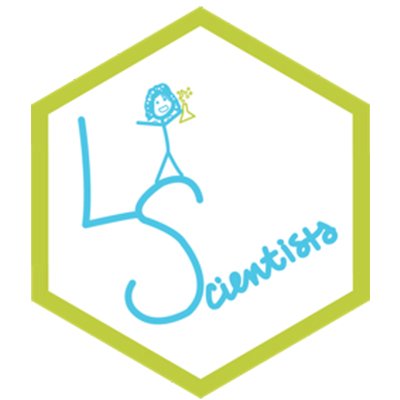Retrieval practice is a powerful learning strategy for vocabulary learning. For those who aren’t familiar, retrieval practice is bringing information to mind from memory. For example, if I now ask you to remember the title of this blog post, and you can write it out without looking at the top of the page, you just used retrieval practice to help learn the title! (A useless thing to remember, but it is retrieval practice nonetheless.)
But is retrieval practice mostly just effective for individuals who are neurotypical? Leonard and colleagues (1) start to answer this question by studying preschool-aged children (about 4-6 years of age) with developmental language disorder (DLD). Children with DLD show a deficit in language ability. They often have weaker vocabulary skills compared to peers without DLD, and these differences can persist into adulthood. Will retrieval practice better help young children with DLD learn new vocabulary?
There were 14 children with DLD and 13 typically developing peers in the experiment. (This may seem like a small sample; that is common for experiments with very specific participation criteria, and these effects have been replicated in a few other recent papers as well; 2-4). The children with DLD were either already enrolled in language intervention or had been referred.

